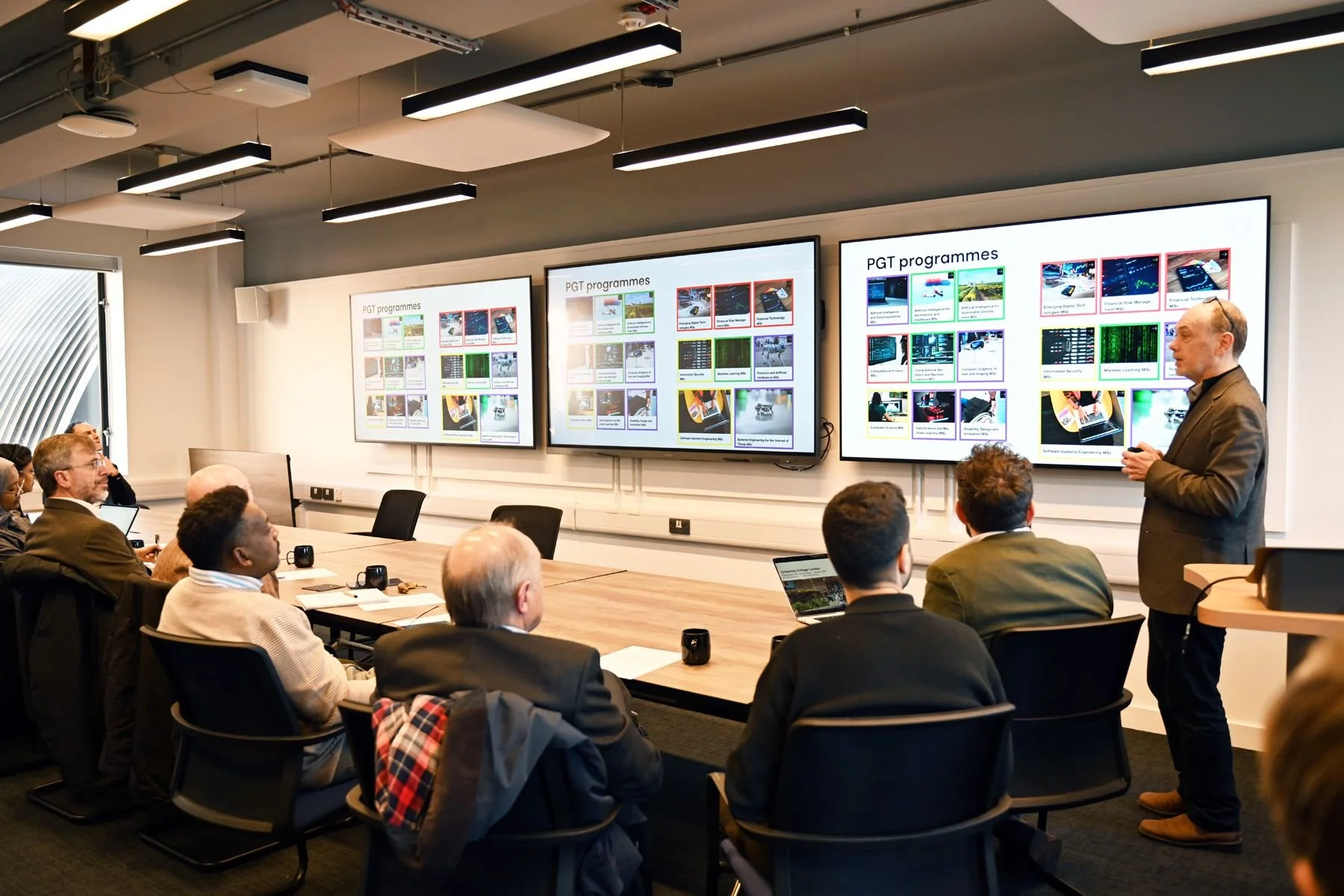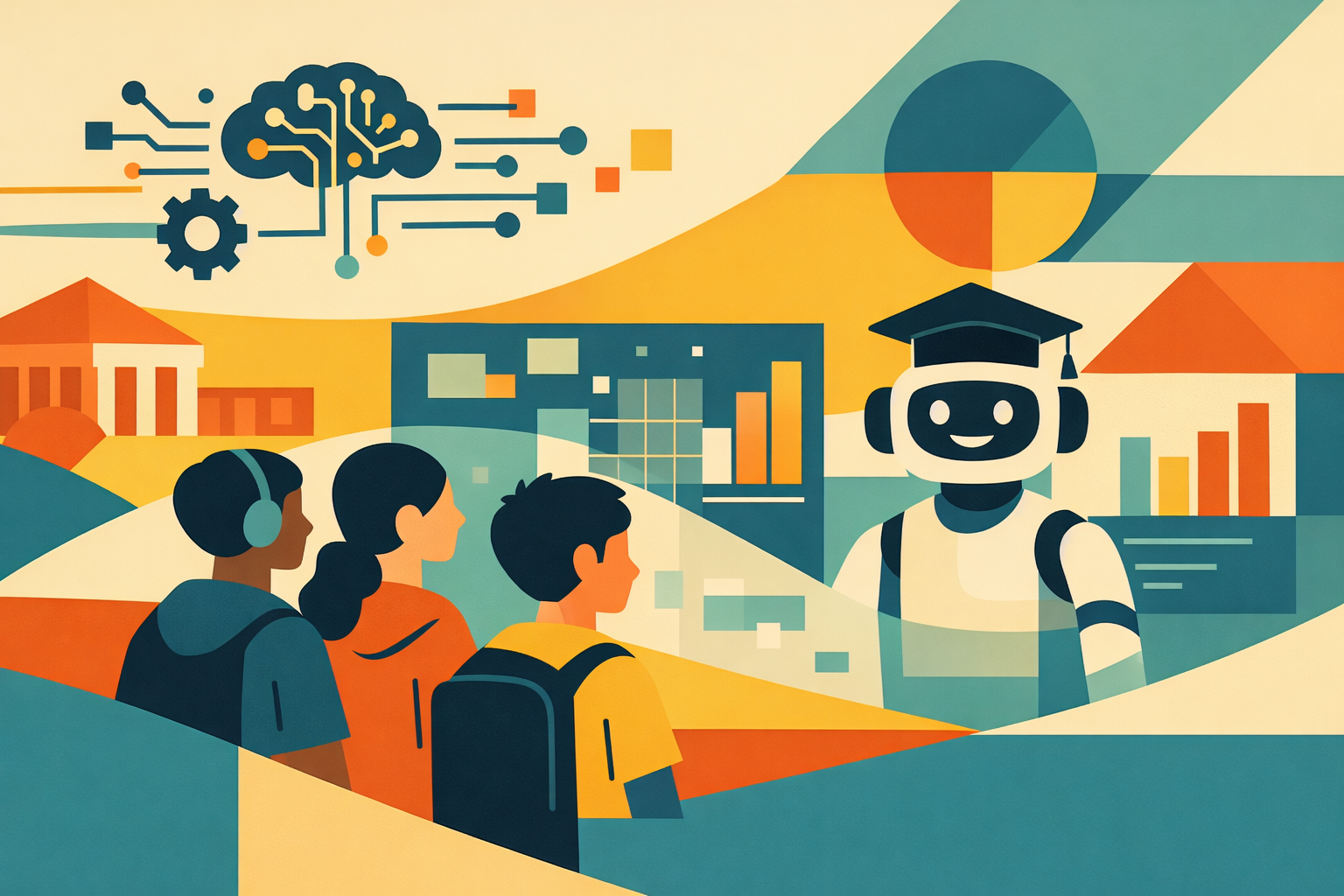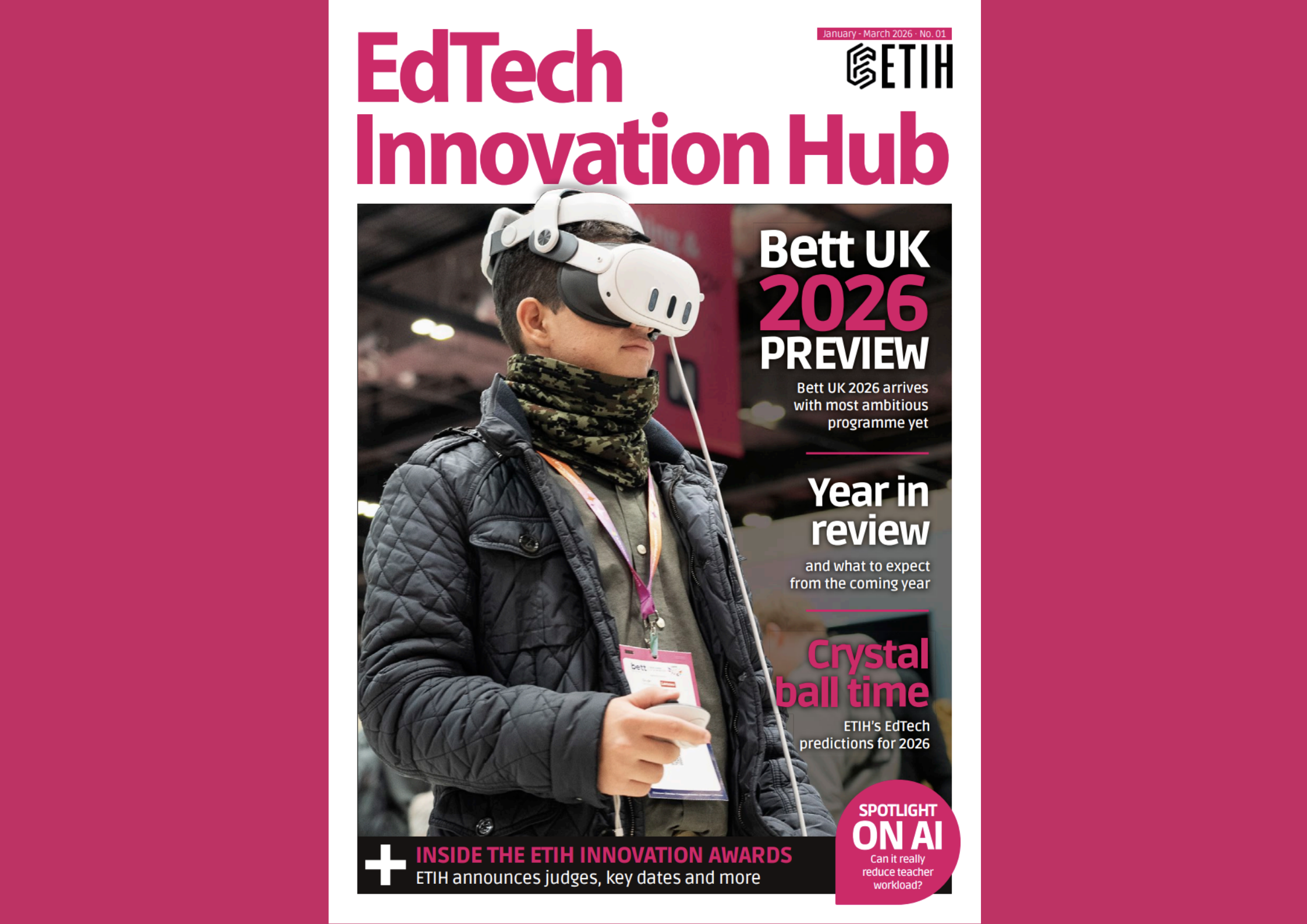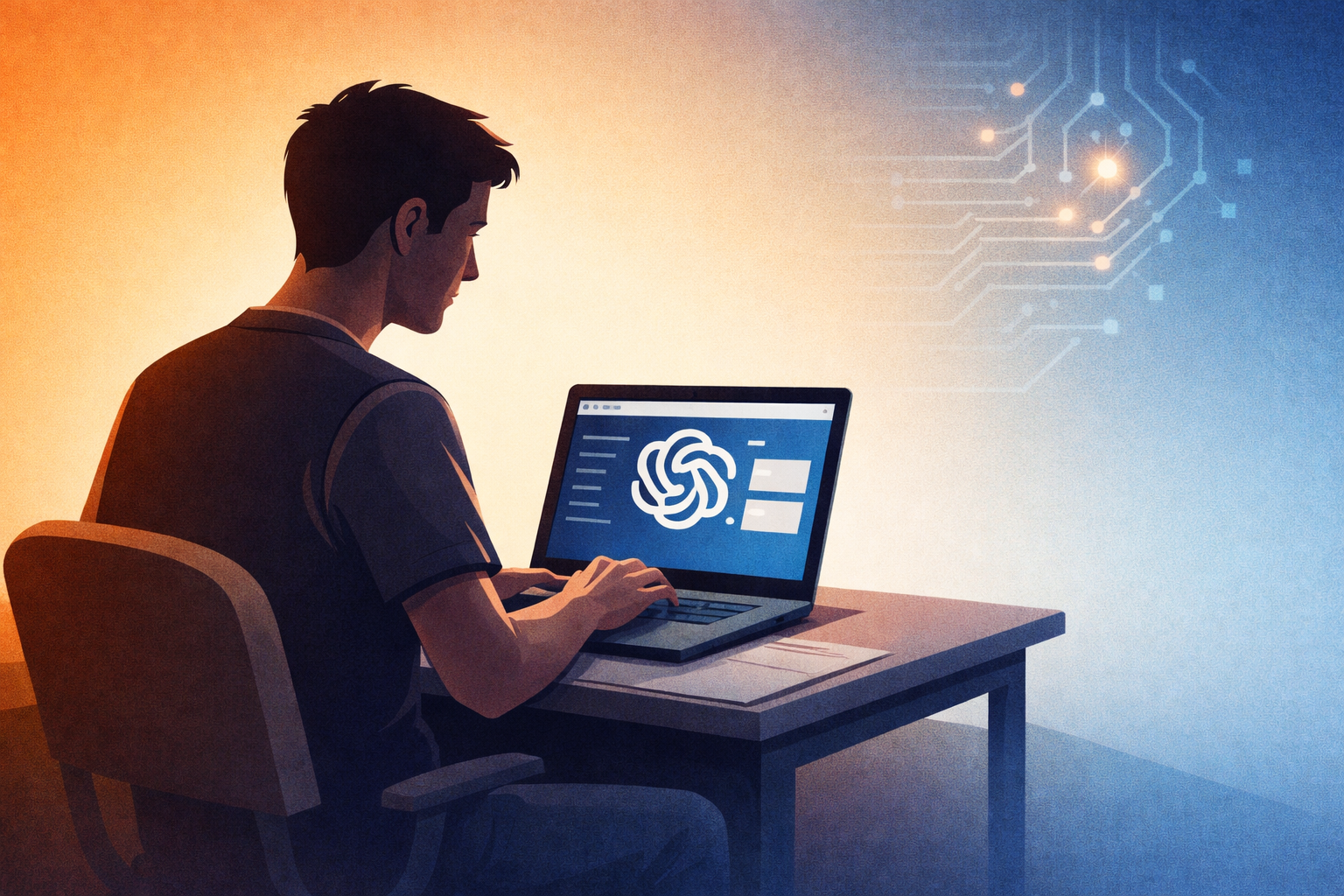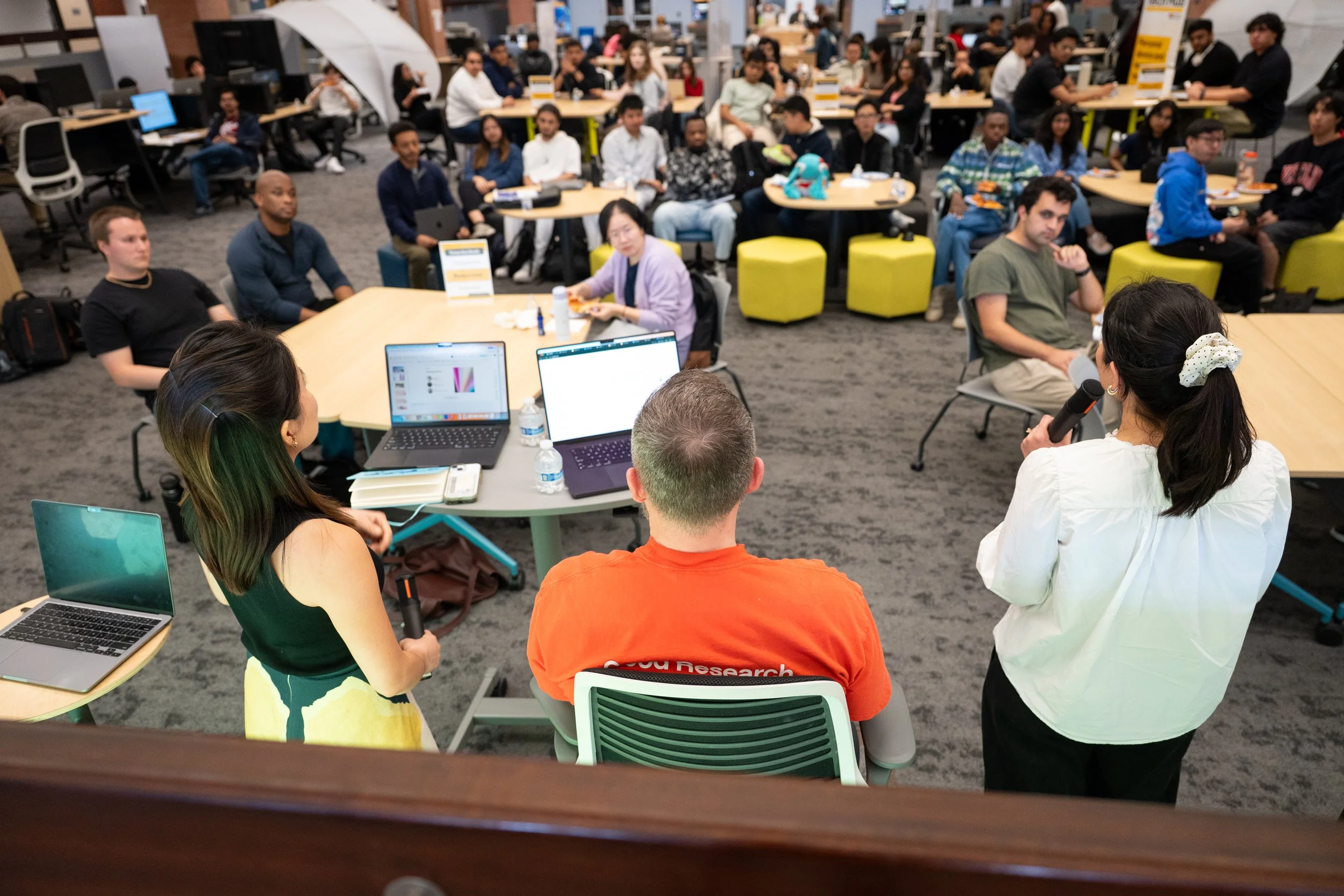More than half of U.S. students are using AI to proofread their academic work, according to new research from Yugo
As universities consider how best to police student use of artificial intelligence (AI) new research has found that many students are already using it to support their studies.

Student housing operator Yugo surveyed 7,000 students anonymously about their use of AI and found that it is already being used as a study companion by many.
In the U.S., 57 percent of students said they are using AI to proofread their academic papers while 35 percent said they are using it simplify complex information and 34 percent said they were using it for inspiration.
Students were found to have a mixture of excitement and trepidation about the use of AI, as 39 percent were excited by the technology while 79 percent fear AI-fuelled job losses and 65 percent worried about an eventual decline in human intelligence.
"Adapting to the powerful presence of this technology in our lives isn't straightforward. It's understandable that universities are concerned about how students are using AI, particularly in relation to coursework and exam preparation. Caution and thoughtful evaluation from both universities and students is entirely appropriate,” comments Joe Persechino, Chief Operating Officer at Yugo.
The research found that most students believed the biggest benefits of AI would be increased productivity (64 percent) and a better work-life balance (58 percent).
Students could also see potential benefits in healthcare, with 58 percent saying AI could enable advances in health research and technology, while 23 percent believe it could increase access to more affordable mental health services.
The research also found that 44 percent of students were already using some form of AI to support their own wellbeing.
Persechino adds: “it's important to highlight the conscientious approach demonstrated by the vast majority of university students. Overwhelmingly, students are using AI responsibly - as a study aid rather than anything untoward. They're applying AI in a variety of constructive ways, such as generating practice exam questions, receiving feedback on their work, and even accessing virtual tutoring support.”
"We believe we should play an active role in guiding students to use AI ethically, because like it or not, this technology is here to stay."

